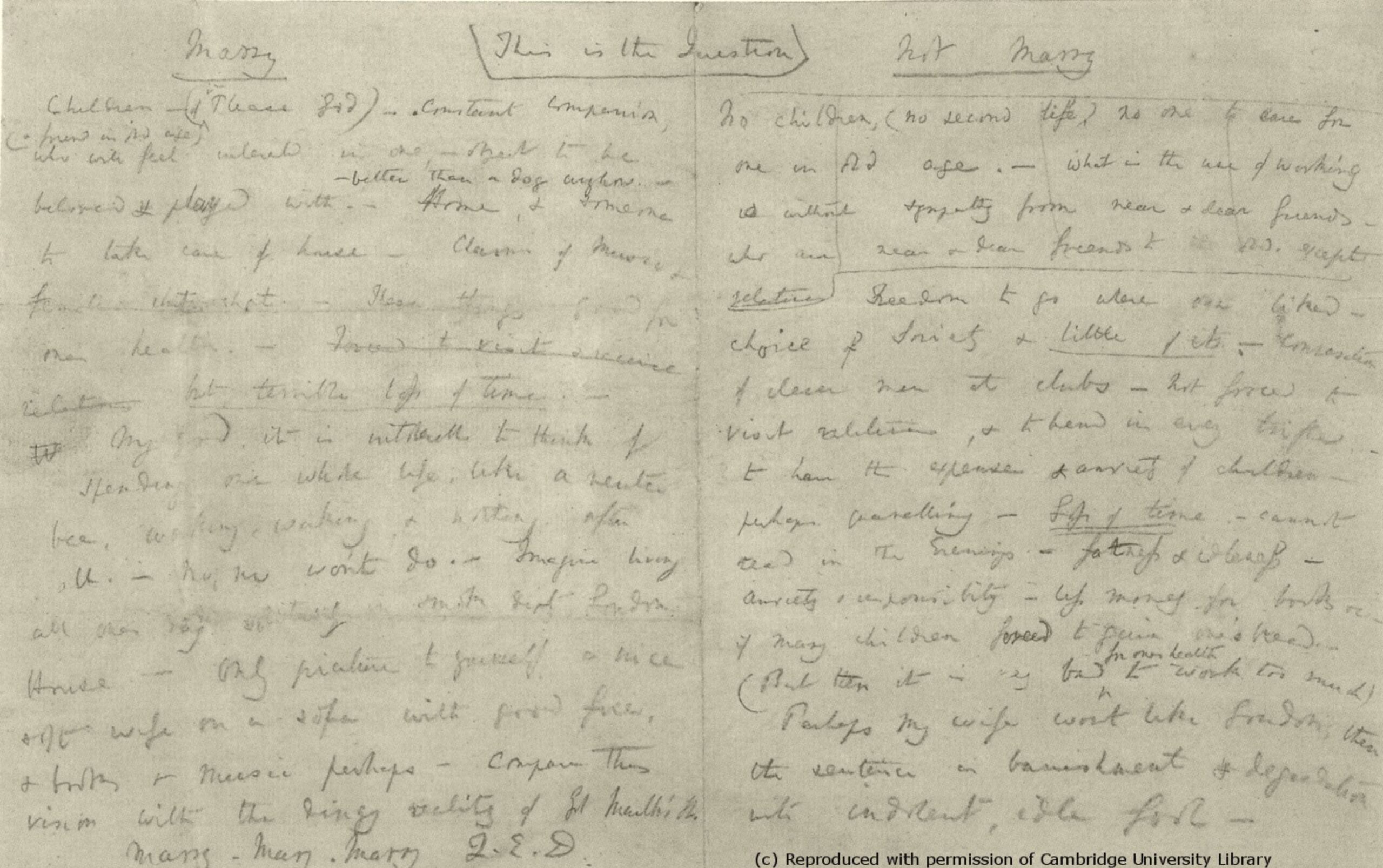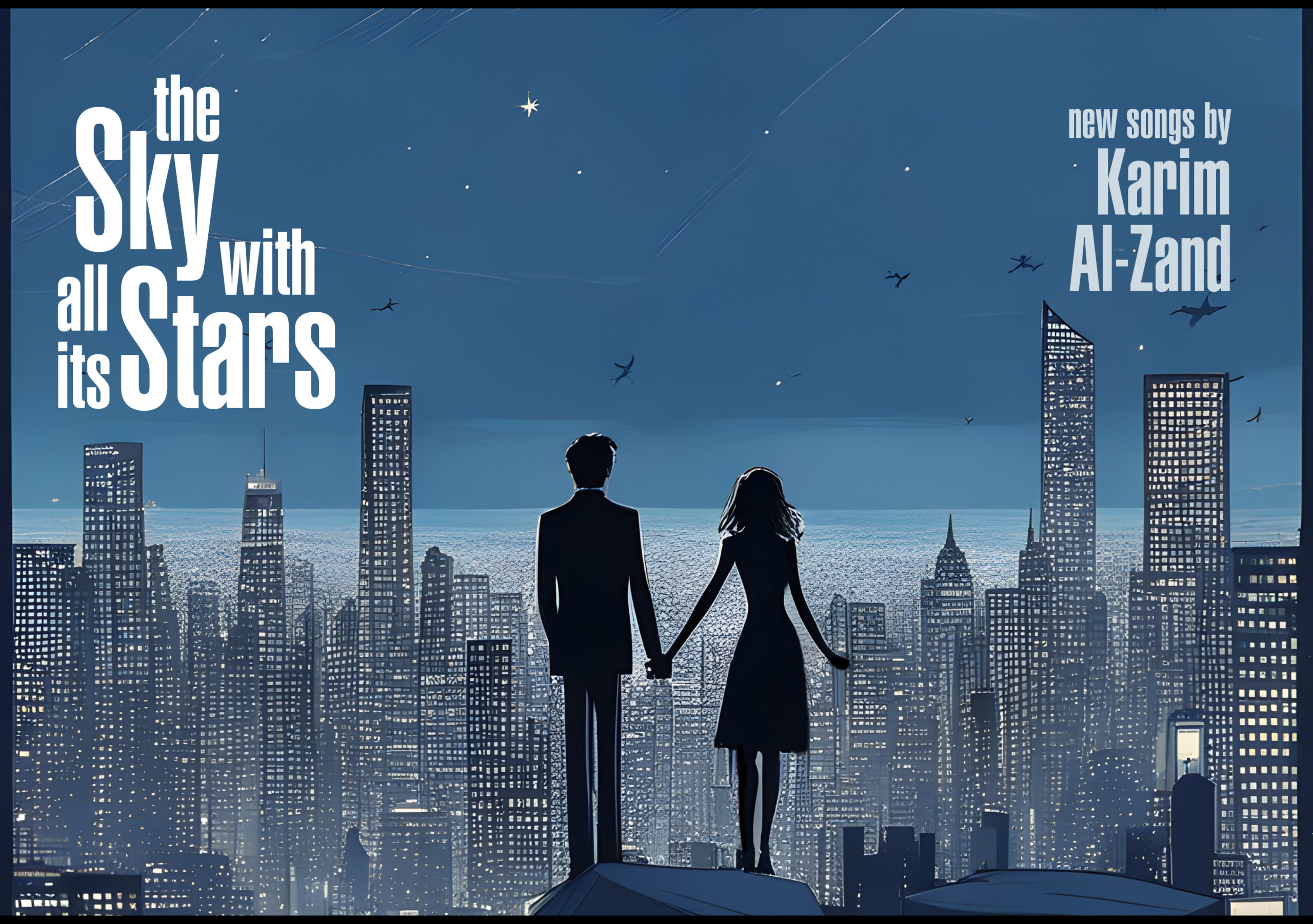The Sky With All Its Stars
- On December 19, 2023
- By alzand@rice.edu
- In EVENTS, News
 0
0
A January 16th recital at the Shepherd School of Music features the premiere of several new song cycles for voice and piano performed by guest artists Aidan Soder (mezzo-soprano), Wesley Ducote (piano), Mark Diamond (baritone), Michael Clark (piano), Marcus DeLoach (baritone), Grant Loehnig (piano), and Shepherd School students James Palmer (piano), Caitlin Aloia (soprano), Julia Holoman (mezzo-soprano) and William Dopp (bass-baritone). The program includes selections from Tagore Love Songs, Orange Torches Against the Rain, and Two Songs on poems of Reg Huston and the world premiere of: Vespertine Songs, Four Not So Serious Songs, Unsentimental Love Songs and Your Letter Pleased Me Greatly.
Vespertine Songs are melodies of the night. Of an Evening is drawn from the descriptive prose of Charles Dickens (1812–1870), whose brooding evocation of a darkening city emphasizes a timeless, cyclic quality. Marina Tsvetaeva’s (1892–1941) Insomnia has us wandering with a sleepless night owl and finding no solace in the streets. In Points and Lines Aldous Huxley (1894–1963) paints a beautiful metaphor of a night sky, a summer lake and the revelatory wonder of stars. “Anne Knish” is a pseudonym of Arthur Davison Ficke (1883–1945), a conservative American poet whose many “spectralist” poems like Nocturne parodied the imagist movement. Poetic irony then, that these are the only verses for which he is remembered. Nocturne is a nighttime soundscape of sorts: the enveloping noises of the evening fade into the distance, replaced by something even more magical.
Four Not So Serious Songs comprise light-hearted settings of two poems by Robert Graves (1895–1985) and two by me. In This Song is Going to End our poor singer faces a looming existential crisis. An intemperate child protests his lot in Careers, a song which takes the form of a school-yard taunt. The nested structure of Warning to Children makes it a perfect poem for a patter song, its tripping rhythms spiraling down the page. So You Say is a gentle rebuke of melodramatic love songs, and a parody of their romantic tropes.

Unsentimental Love Songs are devoted to the quotidian side of love. The text of This is the Question is drawn from a page in Charles Darwin’s diary (above), when the famed scientist methodically weighs the pros and cons of his impending nuptials. His sensitive, if somewhat self-absorbed character comes across charmingly in his amorous analysis. Edna St. Vincent Millay’s (1892–1950) sonnet I Shall Forget You Presently, My Dear is a classic unsentimental love poem, one of many to feature her delicate balance of scoffing wit and fragile sincerity.
Your Letter Pleased Me Greatly is based on text by Erasmus (1466–1536), from the Dutch theologian’s book on rhetoric, Copia: Foundations of the Abundant Style (1512). In a virtuosic demonstration of prose embellishment, he famously provides 195 variations of the simple sentence “Tuae litterae me magnopere delectarunt” [Your letter pleased me greatly]—each variation bringing a very different sense and sentiment to the same basic point. Twenty variants are used in my piece for soprano and piano, and the work’s approach reflects the same conceit: each short “variation” uses similar musical material, but projected with a succession of different moods, characters, and structural forms.

